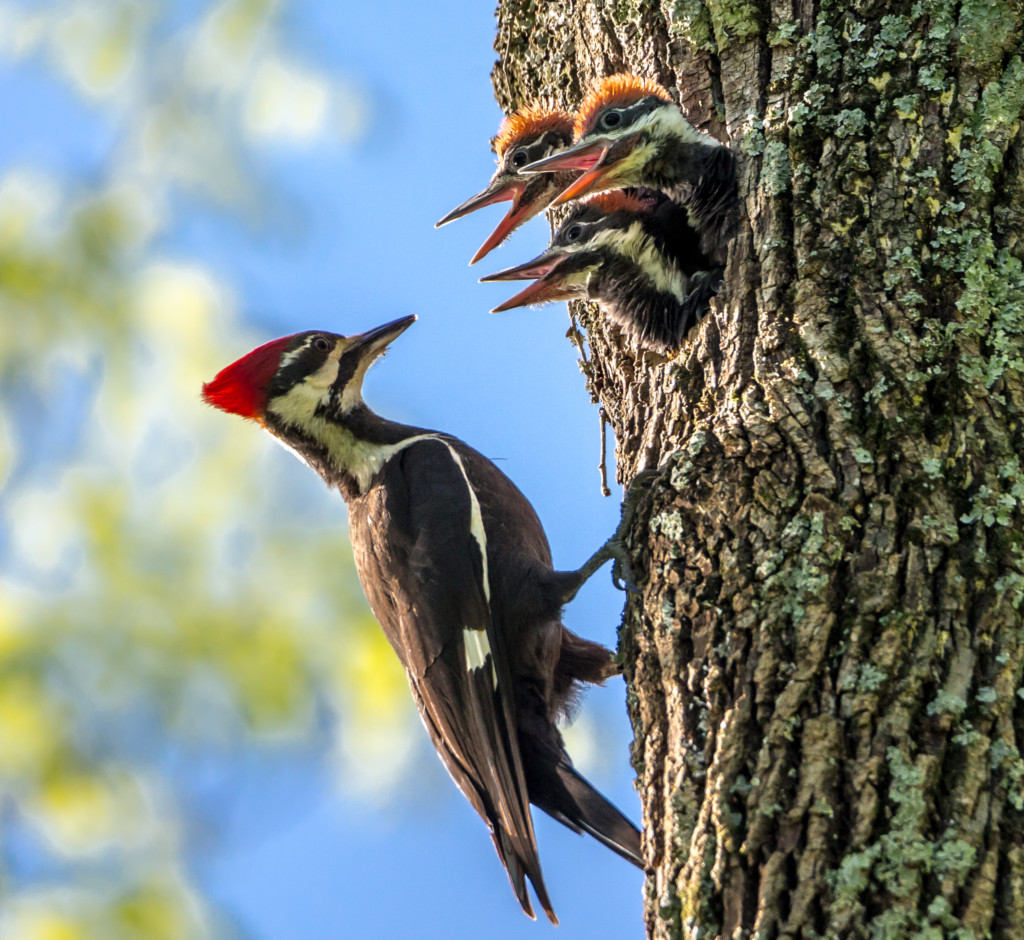
NASHVILLE – Tennessee Wildlife Federation, one of the largest and oldest nonprofits dedicated to conserving the state’s wildlife and natural resources, saw a record number of Tennesseans create wildlife habitats in 2019.
Last year, Tennessee Wildlife Federation partnered with the National Wildlife Federation to help Tennesseans create wildlife sanctuaries in their own yards, big and small. As a result, nearly 300 wildlife habitats were created and certified—50 percent more than in 2018.
With springtime around the corner, now is the perfect time to join the record number of Tennesseans creating wildlife habitats. Whether you have a rolling rural property or a container garden on your balcony, providing wildlife the essentials is easy and could end up saving you time and money.
“Ninety percent of Tennessee’s land is privately owned, which means providing for our state’s diverse wildlife is largely up to us as individuals. By doing our part, we help keep Tennessee the most biologically diverse inland state in the country,” said Tony Lance, the Federation’s in-house certified wildlife habitat expert.
Visit tnwf.org/GardenForWildlife to learn how you can create and certify a wildlife habitat in your own yard.
There are even ways to work together to certify a habitat at school, church, or even a whole community like Forest Heights, a Knoxville-area neighborhood. They are now part of an elite network of 127 communities nationwide that have achieved this certification.
“When communities come together for wildlife, we can change for the better the entire network of water, food, and shelter wildlife depend on,” said Lance.
About Tennessee Wildlife Federation
Tennessee Wildlife Federation leads the conservation, sound management and wise use of Tennessee’s great outdoors. Since 1946, the Federation has spearheaded the development of the state’s wildlife policy, advanced landmark legislation on air and water quality and other conservation initiatives, helped restore numerous species, and introduced thousands of kids to the great outdoors. To learn more, visit tnwf.org.
